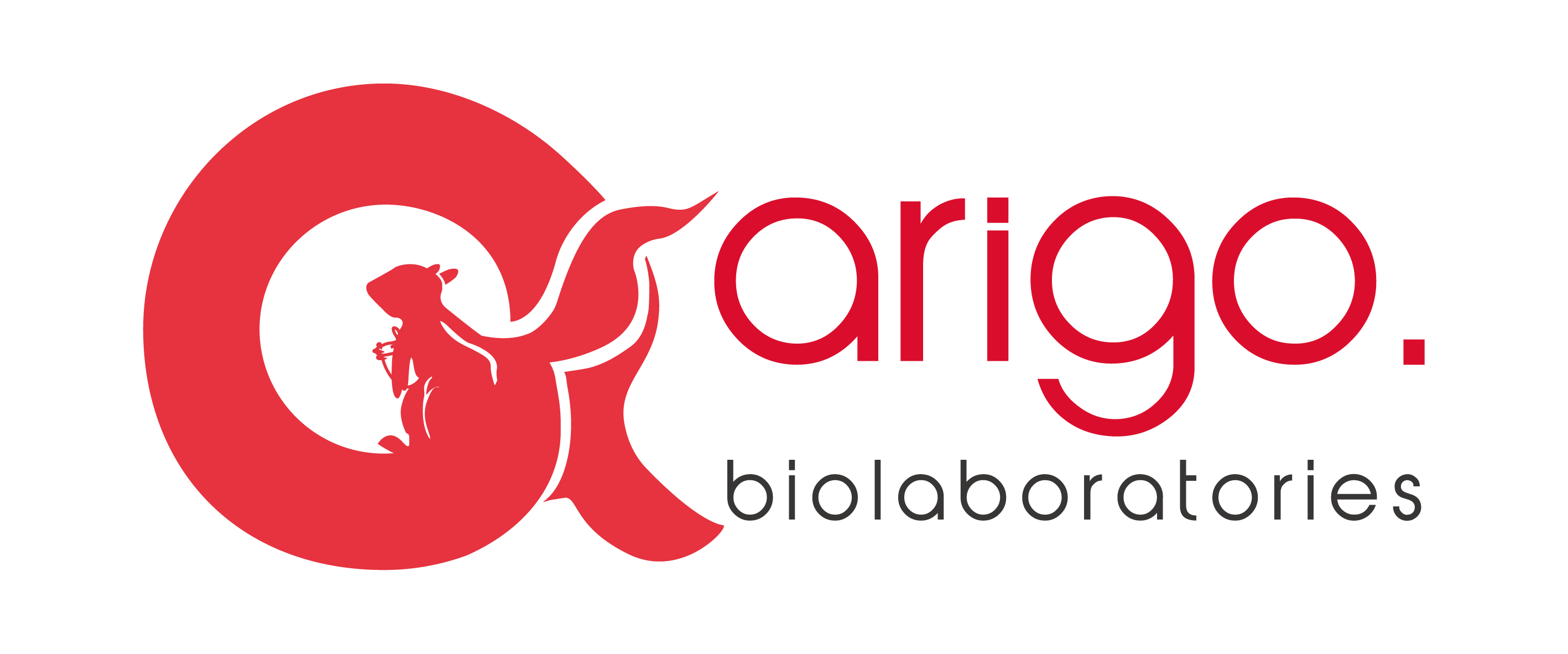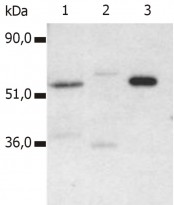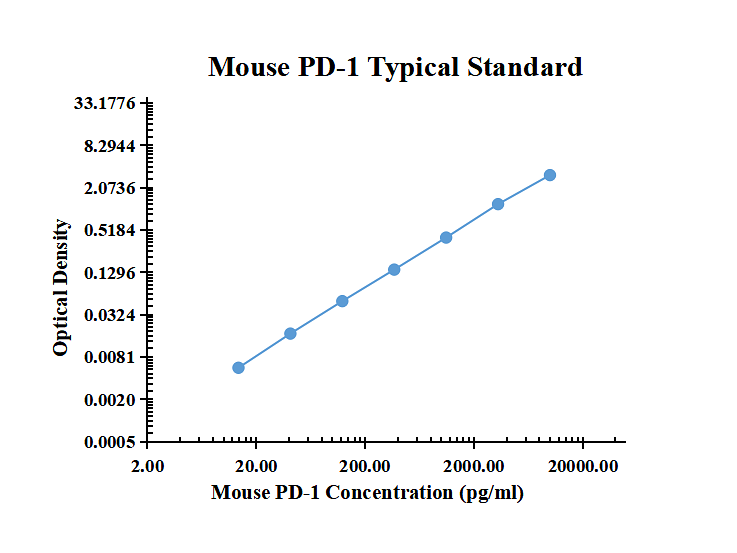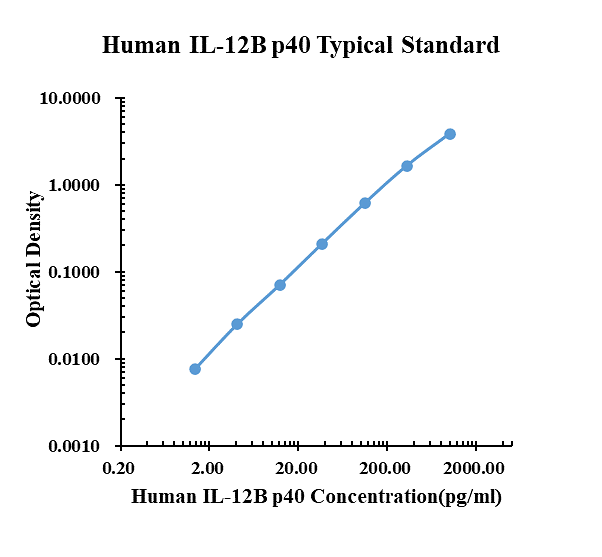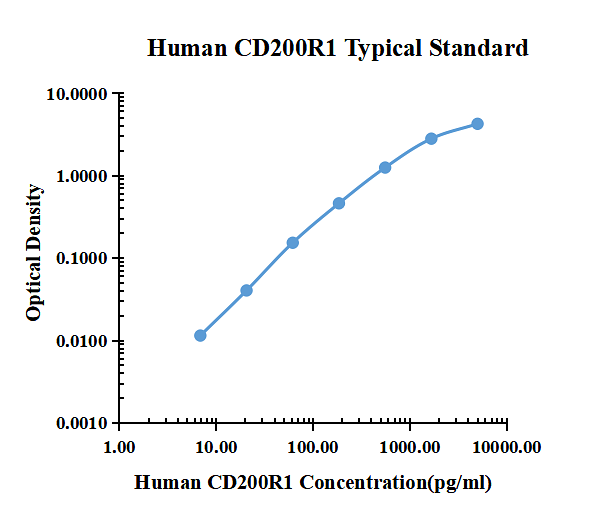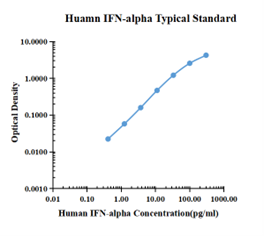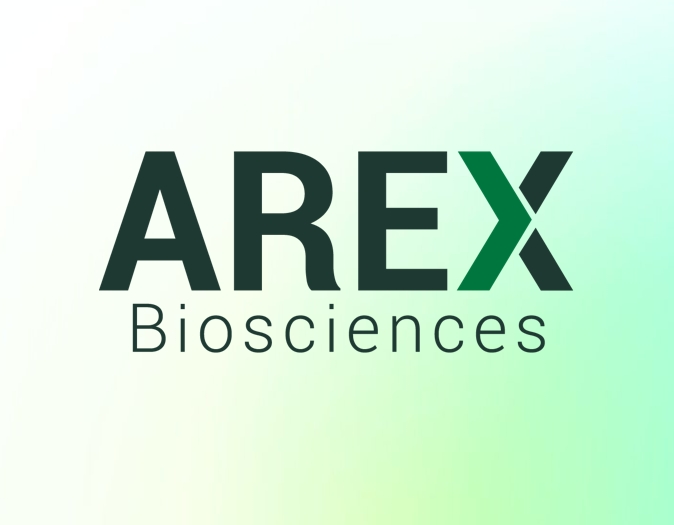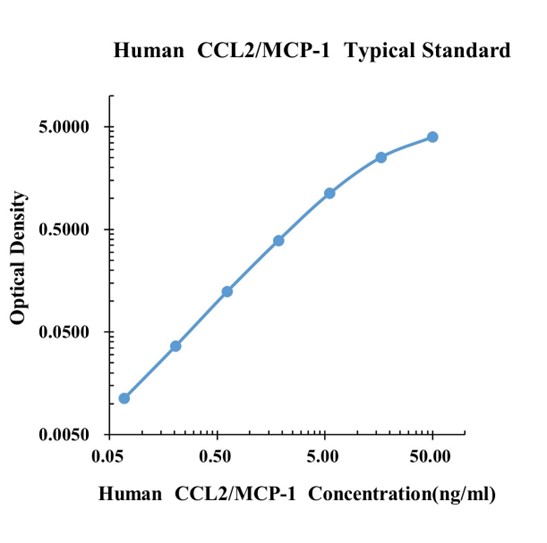anti-CD4 antibody [MEM-115]
CAT.NO. : ARG62832
US$ Please choose
US$ Please choose
Size:
Trail, Bulk size or Custom requests Please contact us
概述
| 产品描述 | Mouse Monoclonal antibody [MEM-115] recognizes CD4 |
|---|---|
| 反应物种 | Hu |
| 应用 | FACS, FuncSt, IP |
| 特异性 | The clone MEM-115 recognizes an epitope in the D1 domain of CD4 antigen, a 55 kDa transmebrane glycoprotein expressed on a subset of T lymphocytes (“helper“ T cells) and also on monocytes, tissue macrophages and granulocytes. It is negative in Western blotting even with non-reduced samples of cell lysates. HLDA V; WS Code T T-CD04.09 |
| 宿主 | Mouse |
| 克隆 | Monoclonal |
| 克隆号 | MEM-115 |
| 同位型 | IgG2a |
| 靶点名称 | CD4 |
| 抗原物种 | Human |
| 抗原 | Human thymocytes and T lymphocytes. |
| 偶联标记 | Un-conjugated |
| 別名 | CD4mut; CD antigen CD4; T-cell surface glycoprotein CD4; T-cell surface antigen T4/Leu-3 |
应用说明
| 应用建议 |
| ||||||||
|---|---|---|---|---|---|---|---|---|---|
| 应用说明 | Functional studies: The clone MEM-115 blocks binding of HIV gp120 to CD4 molecule and it also strongly inhibits CD4-MHC Class II interactions. FACS: Although it has not been tested rigorously, following data suggest that the clone MEM-115 is a low-affinity antibody: its binding to T cells increases at elevated temperature; monovalent Fab fragments essentially do not bind to T cells. * The dilutions indicate recommended starting dilutions and the optimal dilutions or concentrations should be determined by the scientist. |
属性
| 形式 | Liquid |
|---|---|
| 纯化 | Purified from ascites by protein-A affinity chromatography. |
| 纯度 | > 95% (by SDS-PAGE) |
| 缓冲液 | PBS (pH 7.4) and 15 mM Sodium azide |
| 抗菌剂 | 15 mM Sodium azide |
| 浓度 | 1 mg/ml |
| 存放说明 | For continuous use, store undiluted antibody at 2-8°C for up to a week. For long-term storage, aliquot and store at -20°C or below. Storage in frost free freezers is not recommended. Avoid repeated freeze/thaw cycles. Suggest spin the vial prior to opening. The antibody solution should be gently mixed before use. |
| 注意事项 | For laboratory research only, not for drug, diagnostic or other use. |
生物信息
| 数据库连接 | |
|---|---|
| 基因名称 | CD4 |
| 全名 | CD4 molecule |
| 背景介绍 | CD4 is a membrane glycoprotein of T lymphocytes that interacts with major histocompatibility complex class II antigenes and is also a receptor for the human immunodeficiency virus. This gene is expressed not only in T lymphocytes, but also in B cells, macrophages, and granulocytes. It is also expressed in specific regions of the brain. The protein functions to initiate or augment the early phase of T-cell activation, and may function as an important mediator of indirect neuronal damage in infectious and immune-mediated diseases of the central nervous system. Multiple alternatively spliced transcript variants encoding different isoforms have been identified in this gene. [provided by RefSeq, Aug 2010] |
| 生物功能 | CD4 is an integral membrane glycoprotein that plays an essential role in the immune response and serves multiple functions in responses against both external and internal offenses. In T-cells, functions primarily as a coreceptor for MHC class II molecule:peptide complex. The antigens presented by class II peptides are derived from extracellular proteins while class I peptides are derived from cytosolic proteins. Interacts simultaneously with the T-cell receptor (TCR) and the MHC class II presented by antigen presenting cells (APCs). In turn, recruits the Src kinase LCK to the vicinity of the TCR-CD3 complex. LCK then initiates different intracellular signaling pathways by phosphorylating various substrates ultimately leading to lymphokine production, motility, adhesion and activation of T-helper cells. In other cells such as macrophages or NK cells, plays a role in differentiation/activation, cytokine expression and cell migration in a TCR/LCK-independent pathway. Participates in the development of T-helper cells in the thymus and triggers the differentiation of monocytes into functional mature macrophages. [UniProt] |
| 产品亮点 | Related products: CD4 antibodies; CD4 ELISA Kits; CD4 Duos / Panels; Anti-Mouse IgG secondary antibodies; Related news: New antibody panels and duos for Tumor immune microenvironment Tumor-Infiltrating Lymphocytes (TILs) |
| 研究领域 | Developmental Biology antibody; Immune System antibody; Regulatory T cells Study antibody; T-cell infiltration Study antibody; Tumor-infiltrating Lymphocyte Study antibody |
| 预测分子量 | 51 kDa |
| 翻译后修饰 | Palmitoylation and association with LCK contribute to the enrichment of CD4 in lipid rafts. |
检测图片 (2)
ARG62832 anti-CD4 antibody [MEM-115] IP image
Immunoprecipitation: T cell lysate isolated from fresh buffy coats was immunoprecipitated with (1) none, (2) negative control antibody. (3) ARG62832 anti-CD4 antibody [MEM-115]. Western blot was stained with ARG62832 anti-CD4 antibody [MEM-115].
ARG62832 anti-CD4 antibody [MEM-115] FACS image
Flow Cytometry: Human peripheral blood stained with ARG62832 anti-CD4 antibody [MEM-115], followed by incubation with APC labelled Goat anti-Mouse secondary antibody.
 New Products
New Products




![anti-CD4 antibody [MEM-115]](/upload/image/products/ARG62832_FACS_1_210_205.jpg)
![anti-CD4 antibody [MEM-115]](/upload/image/products/MEM-115_1.jpg)
![anti-CD4 antibody [MEM-115]](/upload/image/products/ARG62832_FACS_1.jpg)
